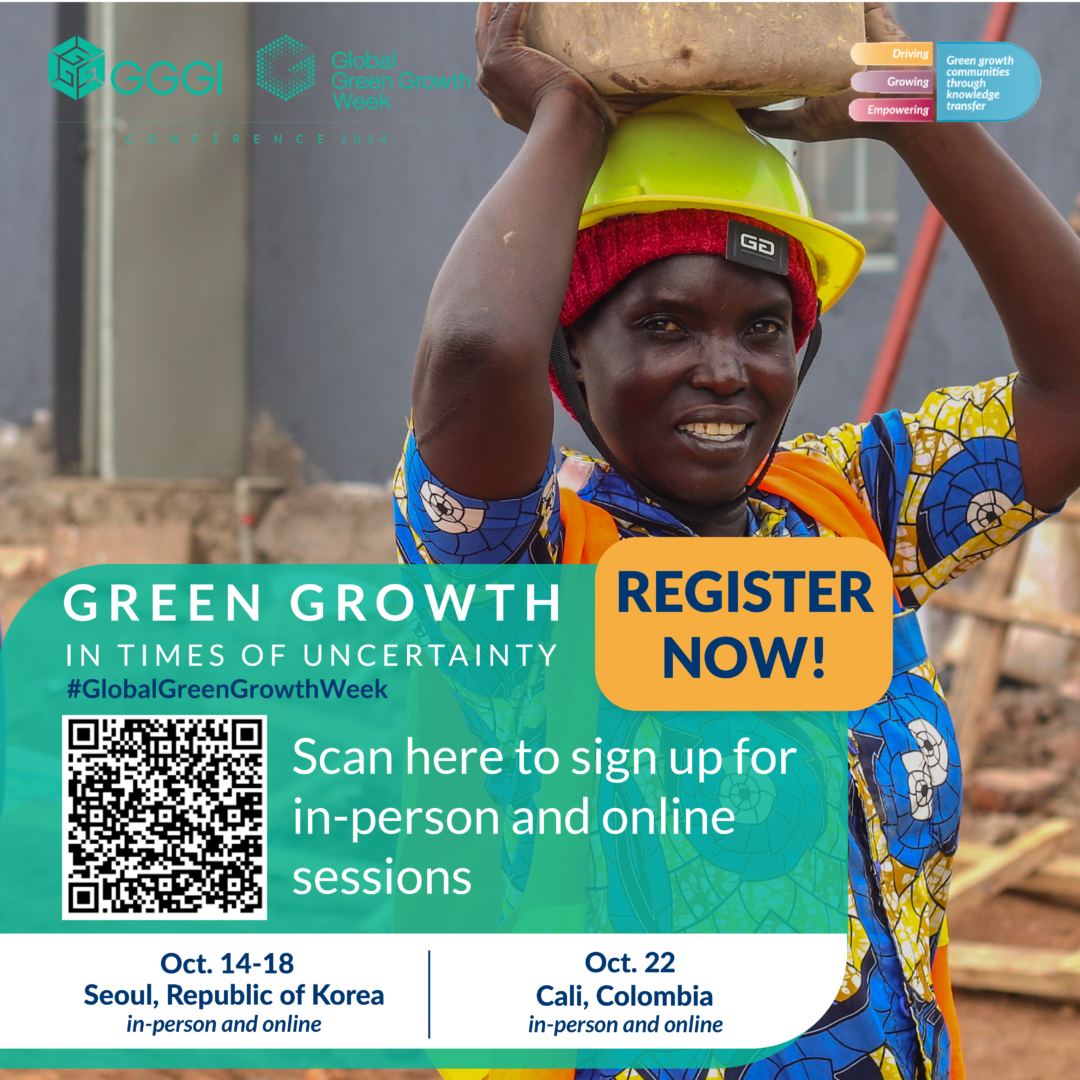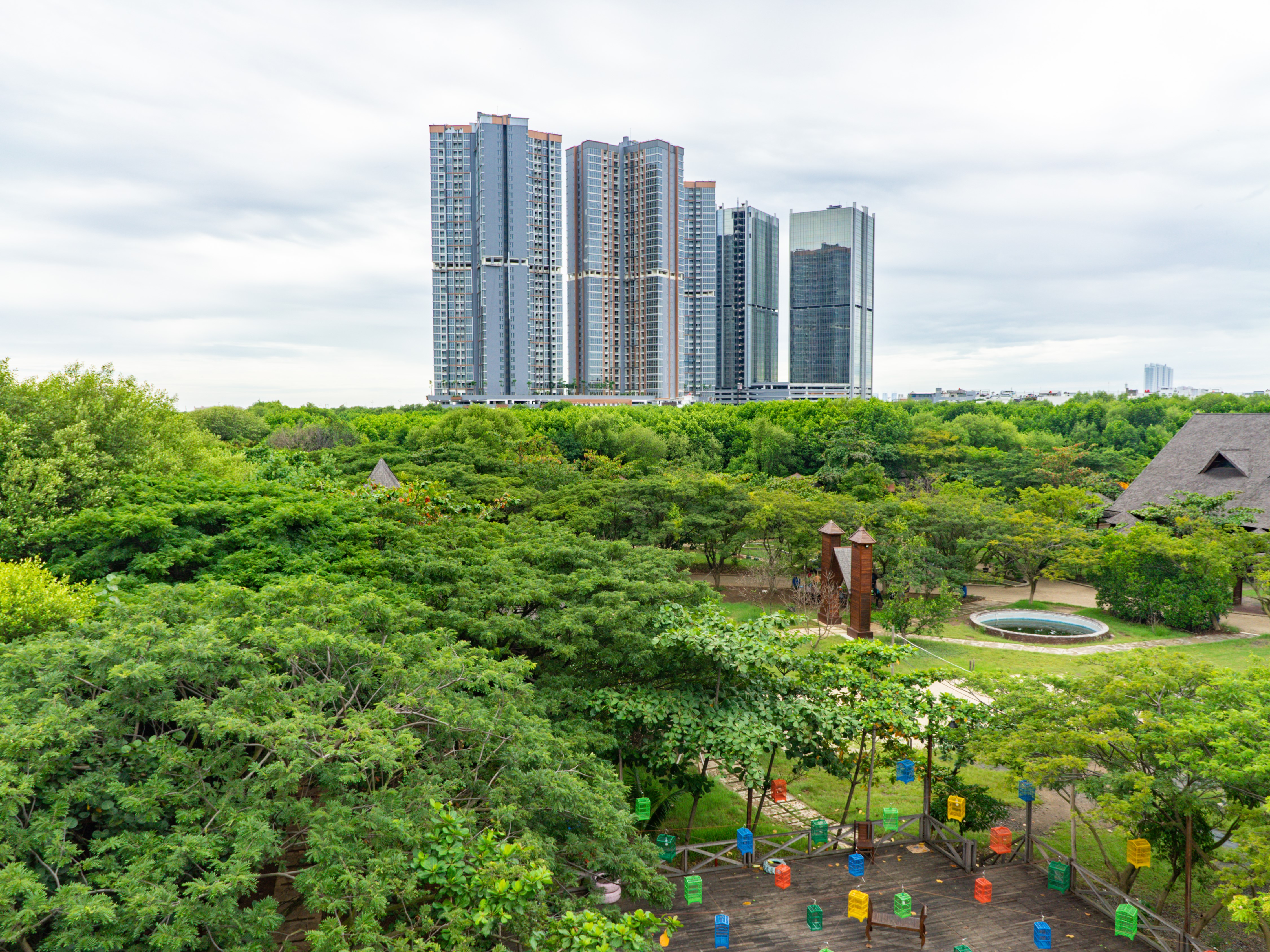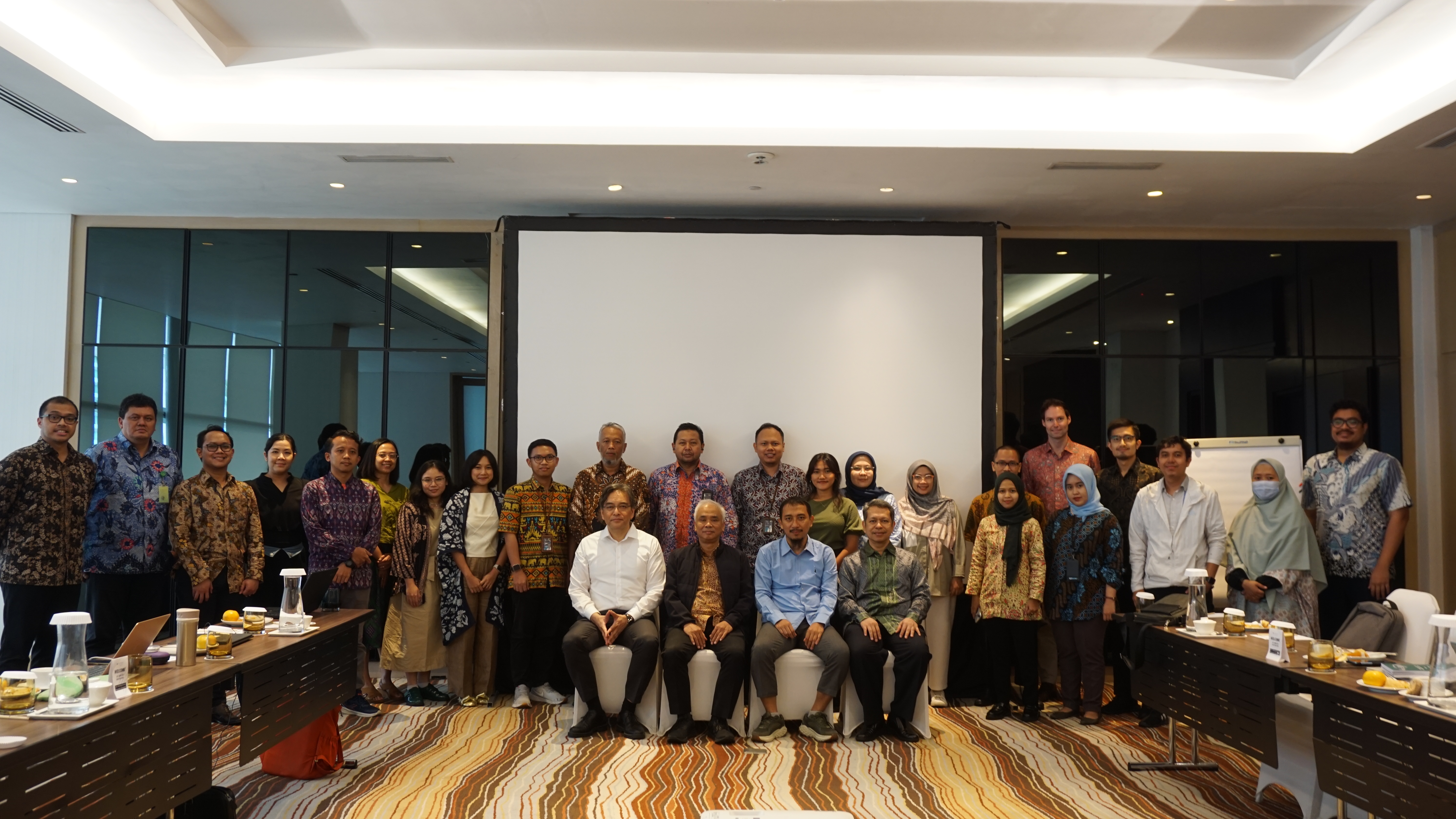Green Growth Program’s Scoping Visits to Four New Provinces
The Ministry of National Development Planning (Bappenas) is committed to switch to a low carbon development approach by integrating Low Carbon Development Initiative (LCDI) into the 2020-2024 National Medium-Term Development Plan (RPJMN). This is stated in the national development agenda, titled “Building the Environment, Improving Disaster Resilience, and Climate Change” through Presidential Regulation No. 18 of 2020.
The cooperation between the Government of Indonesia (GoI) and GGGI has enabled the integration of low carbon development into the 2020-2024 RPJMN, to support the creation of “green growth. The program is also committed to achieving Sustainable Development Goals (SDGs) and the Nationally Determined Contributions (NDC), helping to access funds and establishing funding tools and instruments, encouraging investment and designing green bankable projects that provide social, environmental and economic benefits. Since 2013, the Green Growth Program with Bappenas as the focal point, has worked in two pilot provinces, namely Central Kalimantan and East Kalimantan.
In an effort to expand a component of the Green Growth Program (GGP), in line with the results of a high-level GGP meeting attended by multi-stakeholder members, it was decided to implement GGP in the provinces of North Kalimantan, South Kalimantan, Papua and West Papua. The four provinces were selected because they have shown their readiness to become “green provinces”. Therefore, in January, Bappenas in collaboration with the Ministry of Environment and Forestry (MoEF) and GGGI conducted scoping visits to the four provinces.
During the visits, the joint team from Bappenas, MoEF and GGGI held discussions with the provincial governments to identify requirements and compatibility of the Green Growth Program with regional development plans and investments in each province. Scoping visit to South Kalimantan took place on January 6-7, 2020, where the delegation was also invited to visit the Liang Anggang Protected Forest, Tropical Forest Miniature in Banjar Baru, watershed rehabilitation area at Riam Kanan River, and the Sultan Adam Forest Park in Mandi Angin to show initiatives and green growth programs that have been carried out by the district governments.
On the visit to North Kalimantan, January 8-10, 2020, two representatives from the Royal Norwegian Embassy joined the delegation to see the potential of the program which, in Phase 3, is planned to be funded by the Norway’s International Climate and Forest Initiative (NICFI). Noteworthy locations visited by the delegation included Pura Sajau Village and Kayan Sembakung. In Pura Sajau Village, the delegation reviewed initiatives of the local community to preserve and protect forest and ensure the availability of water for villagers. Whereas in Kayan Sembakung Delta, the Provincial Government shows conditions on the ground and the complexity of managing the area where a community shrimp farming business has existed within. Support in area management requires policy from the Central Government.
The delegation continued to Papua on January 13-15, 2020. Representatives from the Papua Desk, the Regional Development Planning Agency (Bappeda) and the province’s Offices of Environment, Plantation, Forestry, and Agriculture were involved in providing valuable inputs for the determination of required support. GGGI is expected to significantly assist the province, especially in investment and capacity building in the context of supporting low carbon development.
During the visit to West Papua on January 16-17, 2020, the discussion was attended not only by the Provincial Government, the Bappeda, and representatives from relevant sectors, but also from the local university (UNIPA) and the Climate Change Mitigation Agency (BPPI) of Maluku, North Maluku, Papua and West Papua. Increasing added value of natural resources for economic development, building environmentally friendly infrastructure, strengthening capacity, and increasing investment were the focus of the province. This is certainly inseparable from existing commitments in West Papua, such as low carbon development.
At the end of the visits to the four new provinces, each province hoped that the formulation of GGGI program and its strategy will be informed and re-socialized through follow-up meetings with Bappenas and Bappeda. In general, the four provinces welcomed the initiative to scale up green growth and expected that indicated work plan can be jointly developed through consultations with Bappenas, MoEF, and the provincial governments as a follow up from the scoping missions.




